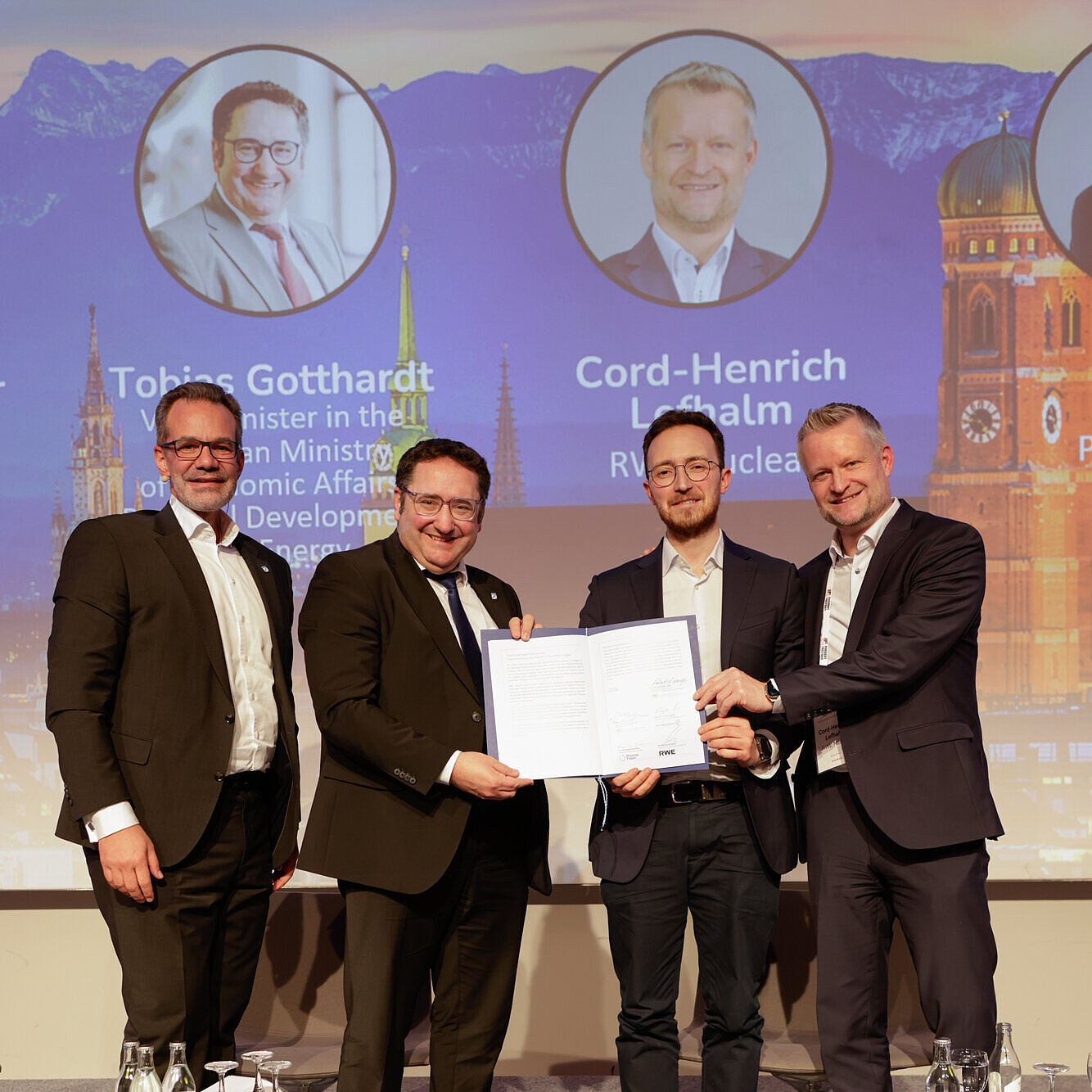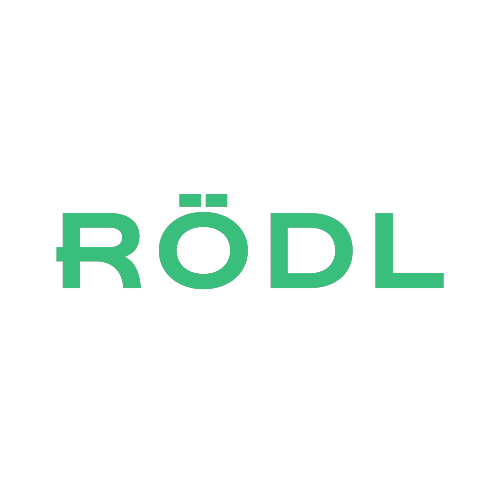What is slowing down the heating transition in the neighborhood
IKEM study shows need for reform: legal clarity and new incentives could significantly accelerate sector-coupled district heating
20.11.2025
Source: E & M powernews
A study shows that the cross-sectoral heat transition in districts could take place more quickly if certain legal obstacles were removed.
The Institute for Climate Protection, Energy and Mobility ("IKEM") has investigated the legal obstacles to implementing cross-sector district concepts in Germany. The results were recently published in the study "Sector-coupled heat supply - legal obstacles in the district". The Ikem researchers also provide recommendations for action in the study.
Neighborhood concepts in particular are strategically important for the heating transition - this is where local production, consumption and infrastructure come together directly. "The development of a sector-coupled heat supply is not only technically possible there, but also makes sense for climate protection.
However, legal uncertainty and economic considerations are currently hampering investment in decentralized supply concepts," said Yannick Würkert, author of the study and scientific advisor at IKEM. These include unclear definitions of customer installations, extensive supplier obligations for electricity supply in the district and a lack of economic incentives for the use of power-to-heat technologies.
In their paper, the Ikem researchers formulate six points on how the legal framework can be improved:
- Introduction of a nationwide solar obligation: mandatory installation of photovoltaic systems in new buildings and major renovations would strengthen local electricity generation and create the basis for sector-coupled systems.
- Clarification of the definition of customer installations: A legally secure definition is necessary to enable the use of shared energy infrastructures in the neighborhood.
- Implementation of the energy sharing model: The shared use of electricity within energy communities should be enshrined in law and made practicable - as is already provided for under European law.
- Price reductions for heat pump electricity: A targeted reduction in taxes, levies and grid charges for electricity used for power-to-heat technologies would significantly improve their economic viability.
- Reform of district heating price regulation: Transparent and flexible pricing for district heating is necessary to promote investment in innovative heating networks.
- Expansion of time-variable grid charges: Grid-oriented pricing structures can create incentives for grid-friendly control of electricity consumption and feed-in - especially for heat pumps and storage solutions.
The paper was produced as part of the "HybridBOT_FW" project. It tests operating concepts for district heating systems that link the electricity and heating sectors, efficiently use locally generated renewable energy - for example from photovoltaics - and integrate it into the heat supply using power-to-heat technologies such as heat pumps.
The study "Sector-coupled heat supply - legal obstacles in the district" is available on the Ikem website.
Author: Heidi Roider



